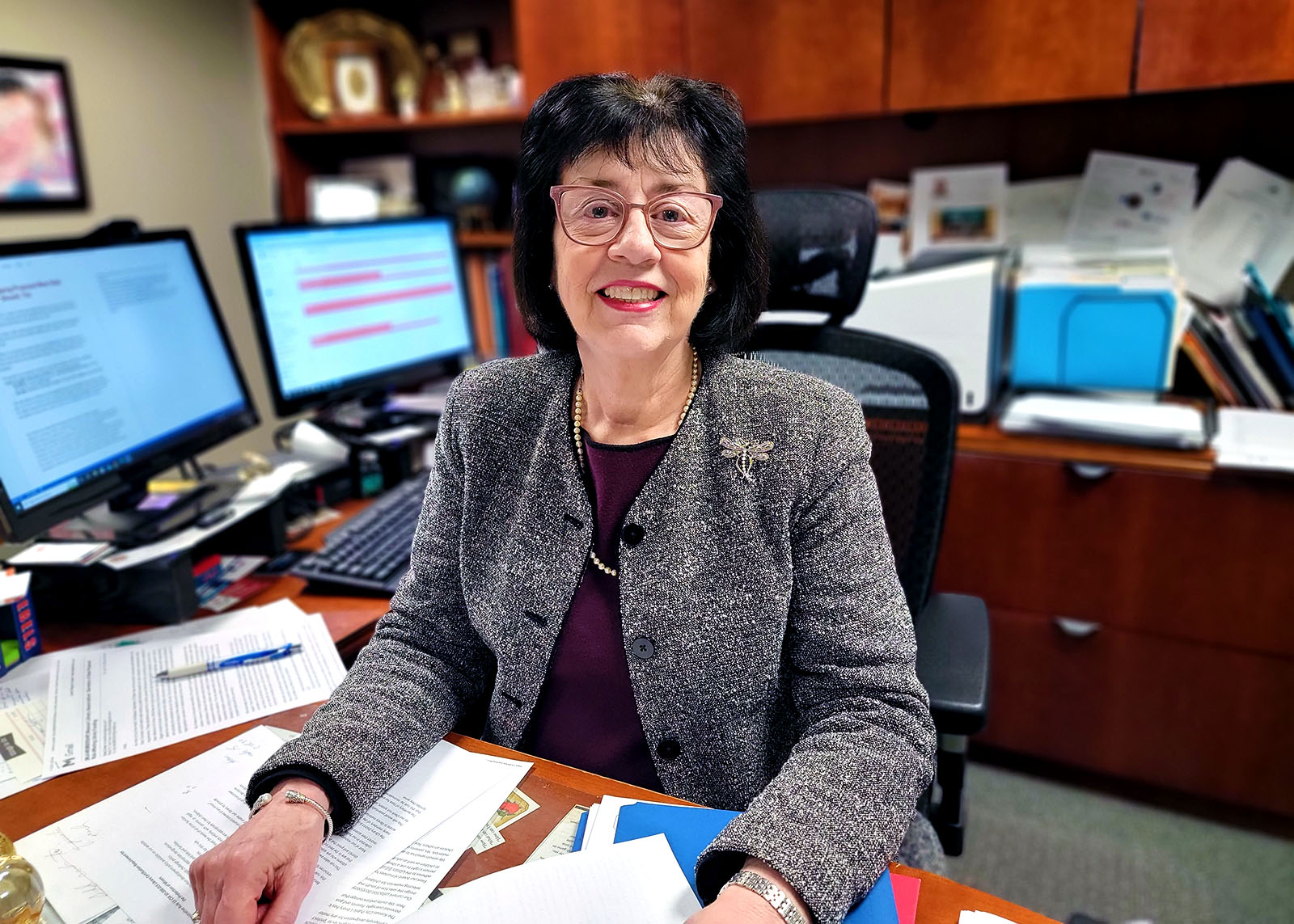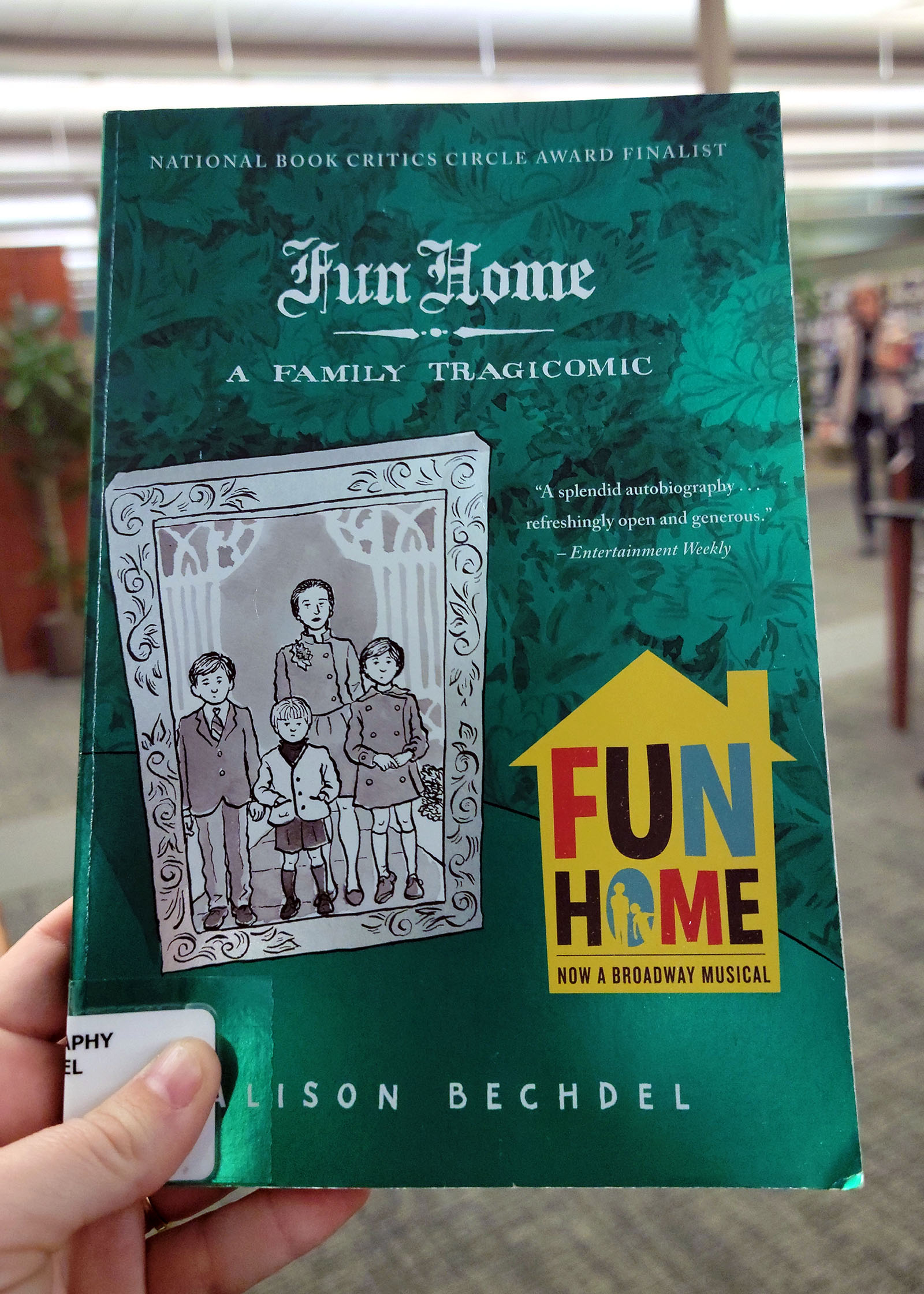IN-DEPTH |
On Tuesday, a controversial new administrative rule from Missouri Secretary of State Jay Ashcroft will enter its next phase of implementation. The rule could block state funding for libraries that contain materials that appeal to the sexual interests of minors.
The administrative rule comes amid an increase in talk of banning books in public schools. The conversation has made its way through greater Springfield and into the Missouri legislature. State leaders are now determining what restrictions should be placed on certain types of books.
Staff at the Springfield Greene County Library District feels that Ashcroft’s rule is an overstep on the local leadership of the city- and county-elected Library Board of Trustees.

Ashcroft, who is planning to run for governor in 2024, announced the administrative rule on October 17. This Tuesday, the rule will be published in the Missouri Register and will begin a 30-day comment period. This period allows the public to air concerns, and simultaneously, the Joint Committee on Administrative Rules will look at comments and consider possible rewrites.
At the conclusion of this period, the rule may be amended by the Joint Committee based on feedback received. Once approved by the committee, the rule will then be enacted as an administrative order for the state of Missouri.
How do I submit a comment during the comment period? (Click to expand)
Comments on the rules are being accepted until Dec. 15 and can be mailed to the Office of the Missouri Secretary of State, PO Box 1767, Jefferson City, MO 65102, or by email to comments@sos.mo.gov.
What’s the rule proposing?
Within the proposed rule, libraries would be required to go through a certification process to receive state funding. It includes adopting a written policy that outlines which materials are considered “age-appropriate.” Libraries would also be required to honor a parent’s request to restrict materials distributed to their minor. Under this rule, parents have the “right to challenge a library’s age-appropriate designation for any material.” The Springfield Greene County Library District already has these requirements in place.
Ashcroft described his intention with the rule in the statement. “Yes, we want to make sure libraries have the resources and materials they need for their constituents, but we also want our children to be ‘children’ a little longer than a pervasive culture many often dictate.”

Regina Greer Cooper, Springfield-Greene County Library District’s executive director, met with Ashcroft in October to discuss the new rule in detail, and how Springfield will be affected. In an interview with the Daily Citizen on Monday, Greer Cooper reflected on her meeting with the Secretary.
“He said his wife had seen a book in a library that she thought was an inappropriate display for the age of her children,” she said.
Greer Cooper thinks this may have spurred the rule. “I know he says that he really wants to protect children and let them be children a lot longer.”
This rule came as a shock, Greer Cooper said, as the Secretary of State has been a supporter of libraries in the past.
“It's just sort of like trying to micromanage what goes on in the library. We've got a pretty good system in place that's been working well for a lot of years,” Greer Cooper said.
“The Secretary mentioned that if a parent didn't want their child to check out certain books or books in the adult section, that there could be a note put on their record. If a staff member who was checking out books had to check that record every time, like if it was a minor that was old enough to be here by themselves, that would add to their job tremendously,” said Greer Cooper.
Throughout Greer Cooper’s meeting with the Secretary, Greer Cooper said that Ashcroft made it clear that he is not trying to ban books, but he is trying to ensure that books are located in an age-appropriate location.
The current system for challenging books in Springfield libraries involves parents and librarians.
“Whenever any parent objects to a book and wants it moved or wants it taken out of the collection, they have the freedom to fill out a form and tell us why,” said Greer Cooper. “We have a committee of librarians that will get together, depending on what the book is, what age range, and they will review it and they will look at reviews and then they'll make a recommendation to me. Then I'll write a letter to the parent that has challenged it and explain what we've decided.”
“We feel like, as librarians, that we are already involving the parents and that it is important that they get to decide [what their child reads], but they don't get to decide for other families, only for their own children,” said Greer Cooper.

Effect on Springfield Public Schools
The new rule going into effect comes on the heels of a different piece of library-related legislation passed into law over the summer: Missouri Senate Bill 775. This bill gives the state discretion to define what is considered “explicitly sexual material” in public schools.
The bill states that:
“A person commits the offense of providing explicit sexual material to a student if such person is affiliated with a public or private elementary or secondary school in an official capacity and, knowing of its content and character, such person provides, assigns, supplies, distributes, loans, or coerces acceptance of or the approval of the providing of explicit sexual material to a student or possesses with the purpose of providing, assigning, supplying, distributing, loaning, or coercing acceptance of or the approval of the providing of explicit sexual material to a student.”
This bill outlines the punishments for librarians or teachers who have any state-defined explicit books contained in their library. They are at risk of being charged with a Class A misdemeanor, punishable up to one year in jail or a fine not to exceed $2,000.
According to Stephen Hall, Chief Communications Officer for Springfield Public Schools, the bill passed over the summer mirrors existing state statute, therefore SPS is already abiding by the guidelines as outlined in Senate Bill 775. The new bill focuses on visually explicit images instead of language, whereas previous state statute focused on printed copy.

“The definition of ‘explicit sexual material’ in SB 775 does not include the written word, but instead, is limited to pictorial or visual depictions (e.g. photos, film, video, etc.),” said Hall.
“While Senate Bill 775 provides a definition for ‘explicit sexual materials,’ the definition mostly reiterates expectations that have been in state statute for more than 50 years. The new law does not significantly change the types of materials that are available in our libraries or classrooms.”
Parental involvement and book bans
The library rules reflect increasing support for the closer monitoring of books in schools and point to a broader trend of parental involvement.
In April of 2022, another bill was sent to the Missouri Senate outlining a “Parents’ Bill of Rights,” in which parents of a student are given the right to be made aware of school policy, board of education decision-making, and curriculum being taught in classrooms. This bill, HB 1858, was not signed into law, but was sent to the Missouri Senate for consideration.
The role of parents in a student’s education is important to leadership within Springfield Public Schools.
“We believe parents should play an active role in their child’s education so we welcome their feedback on these materials,” said Hall on behalf of SPS. “In the event an individual does have a concern about a specific book or curriculum materials, there is a procedure in place to ensure that the materials in question are reviewed.”
In the past, the Springfield School Board has not enacted book bans for the district. On multiple occasions, SPS parents have approached the board with requests to ban certain books. The Springfield School Board has denied requests to ban books in SPS libraries thus far.
In contrast, the Nixa School Board has already set the precedent for banning certain books from their school library shelves.
On October 20th, parents advocated for banning nine more books at Nixa High School. This is on top of ten restricted books and two banned books in the district.
A Facebook group formed out of Nixa called the “Concerned Parents of the Ozarks” led the discussion at the school board meeting on October 20th. Consisting of approximately 300 parents in the area, the group advocates for parental involvement in a student's educational experience.
While their Facebook groups is restricted, their mission reads, “Fighting questionable books, curriculum and other materials, such as the over-reach in sex education, in southwest MO Public Schools. We encourage our public schools to be transparent and protect parental autonomy.”
SPS students react to book bans
Some SPS students are opposed to the idea of banning books in school libraries, many of whom believe their peers should be allowed to use their own discretion when choosing the media they consume.
Gentry Goode, 14, a freshman at Central High School, has a lifelong love of reading. She worries that not all students will have an opportunity to read the same books that have helped to define who she is.
Goode, alongside other students throughout SPS and the surrounding districts, have opposed impending book bans throughout public schools.
“Banning books is banning information,” Goode said,
Growing up in a time where students are potentially restricted on the books they can read will leave a lasting impact on future generations, Goode said.
“Schools are obviously all about education, and banned books prohibit opportunities for education. It would be a very different experience growing up in a library and having information being kept from me … When books are banned, we are cutting off access to knowledge for some students, and stifling the voices of others.”

Looking ahead
At the community level, Ashcroft’s rule comes after long discussions over the ethics behind restrictions on books. The Missouri Library Association is against banning books, and the board released a statement in response to Secretary Ashcroft’s rule:
“The Missouri Library Association considers Secretary of State Ashcroft’s proposed rule for libraries an infringement on the professional judgment of librarians, and an effort to further stoke division in the communities that libraries serve. Libraries support access to information and ideas. The placement of books and materials in libraries is something that should be left up to people with training and experience in the profession of librarianship.”
The larger debate on book bans will also continue past the new rule set to go into effect this Tuesday.
Greer Cooper is urging the Springfield Greene County Library Board of Trustees to sign a public letter stating the facts and the Library’s concerns. Greer Cooper then plans to send the letter to the Secretary of State to be reviewed within the 30-day comment period.
Greer Cooper said there are still a lot of unknowns for the Springfield Greene County Library District. “We're not forcing anybody to look at something specific. You have a choice when you're at the public library. But, we want to provide as many choices as possible to many different kinds of people and their interests.”


